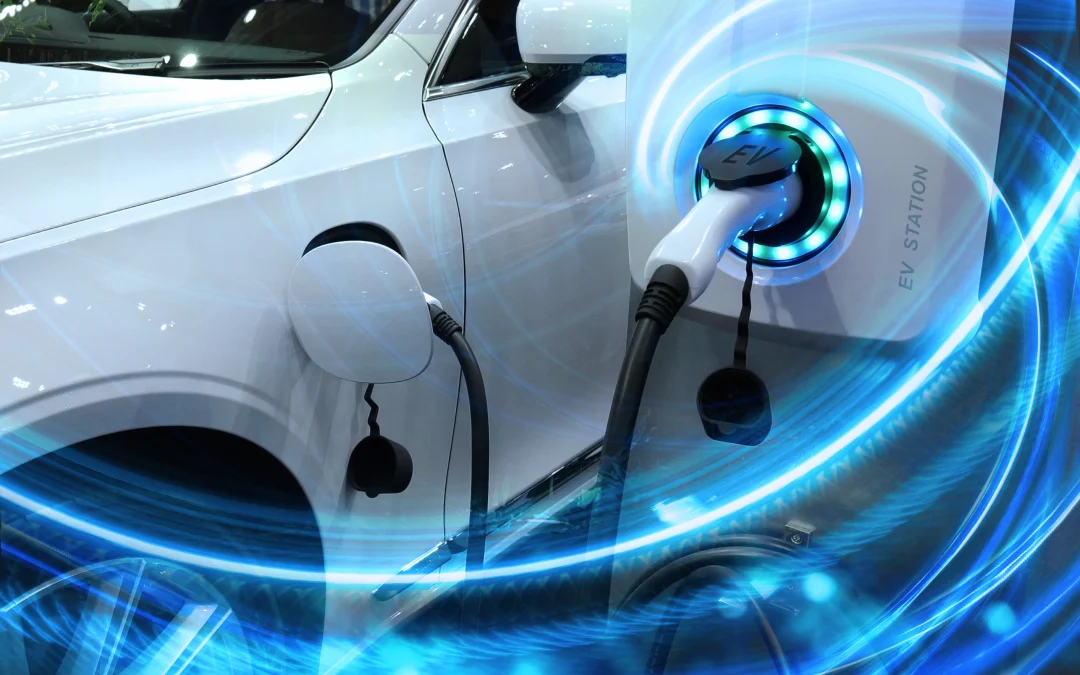(This is part one of a two-part series around the questions/symptoms that car owners have when they think they have a dead car battery. Here, in part one, we focus on understanding some of the terminology related to a car battery going dead.)
Have you ever found yourself asking any of these battery related questions? We hear a lot of questions like these.
- Why is my battery dead AGAIN?
- My car will not turn over. I turn my key and nothing happens. Why won’t it start?
- My car started perfectly just a short while ago; why is it dead now? How is that possible?
- I charged up my battery overnight and drove it to work. Then when I came out from work it was dead. What caused it to go dead again?
- My friend says my battery is dead. How do I know my car battery really is dead?
- I turn the key, and it just clicks. What does the click mean?
- I turn the key, and I hear many rapid clicks. Why is it clicking and not starting?
- My friend tried to jump start my car. Now even with a new battery, it will not start. What happened?
- AAA installed a new battery and now my radio will not come on. They say I need a radio code. What’s a radio code?
- I installed a new battery in my BMW. Now I am told it has to be programmed to match the car. Is this true?
- I was told that my car has a drain on my electrical system causing the battery to go dead. What could be draining the battery?
- I was told I have an intermittent parasitic drain on my battery. How is a parasitic drain different from just a regular electrical system drain?
Wow! So many questions! So many terms! So many symptoms!
The most neglected part of a car is the battery. This is sad because the preventive maintenance is not complicated or expensive. To avoid most of the list of concerns noted above, it is best to have predictive checks and preventive maintenance as part of your vehicle’s maintenance plan.
Let’s look at the most common terms you’ll hear when discussing dead battery issues.
- Dead battery: This is when the charge in the battery drops so low it will not operate anything electrical. A fully charged battery has a reading of 12.65 volts. A battery is considered dead any time it has a reading of 12.00 volts or lower.
- Turn over: This is the term used to describe not hearing the engine being turned/spinning after being started by the starter motor.
In the sound clip below, you can hear what a car sounds like when it turns over.
However, in this second sound clip below, the engine does turn, but it’s likely that the battery is not strong enough to start the car. - Clicks: This is the noise made by the starter motor, solenoid or related relay when the battery is not strong enough to turn over the engine.
- Jump Start: This is when the battery of another car (Car A) is connected to the dead battery in your car (Car DB). In this case, electrical power from Car A is used to start Car DB.
- Radio Code: Some automobile makes have a radio security system. The purpose is to discourage thieves from stealing a car radio. If the radio is stolen, it won’t operate without inputting a security code known to the car’s owner. If your car is equipped with a radio security system and your battery goes dead or your car is completely disconnected from the battery, then you will have to enter the security code into the radio in order for it (the radio) to function again.
- Programming After Installing a Battery: – This describes the correct matching of the battery to the car’s computer system or the re-learning of the car’s engine control systems so the engine will run correctly.
- A Drain: This happens when something requiring electricity is left on thereby “draining” power from the battery and possibly leaving it without sufficient power to start the car. For example, if the switch that turns off the interior light fails or if the door is left open then the energy that the interior light uses will cause the battery to go dead (i.e. it will drain the battery).
- Parasitic Drain: This is a very subtle drain on the electrical system. It could be caused by a relay that is stuck on or pinched wires that are keeping a circuit live. We had an instance of this recently at BA Auto Care where a mouse had taken up residency in the car’s ventilation system and chewed on some of the wiring causing a parasitic drain. To test and find a parasitic drain can be very time consuming.
- Battery Preventive Maintenance: Car batteries should be regularly checked to make sure the contacts (terminals) are clean and there are no signs of acid leaks or corrosion. This should be part of your regularly scheduled vehicle maintenance.
- Predictive Checks: These are the tests that should be performed during regularly scheduled maintenance to see what the condition of the battery is in. A combination of tests should be performed and the type of use the vehicle is subjected to should be taken into consideration.
Well, I think that covers the most common terms associated with a dead battery without getting involved with the car’s battery charging system. I may have missed a few. If so, just reply to this blog and I’ll get back to you with an answer. It should certainly help you to understand what your auto technician is talking about when it comes to dead battery issues.
In next week’s blog – Why is My Battery Going Dead – Part 2 – I’ll cover all the questions listed at the beginning of this article, so tune in.
If you think you need battery service, just give us a call at 410-381-2700 or click the link below to make a battery service appointment online.







0 Comments